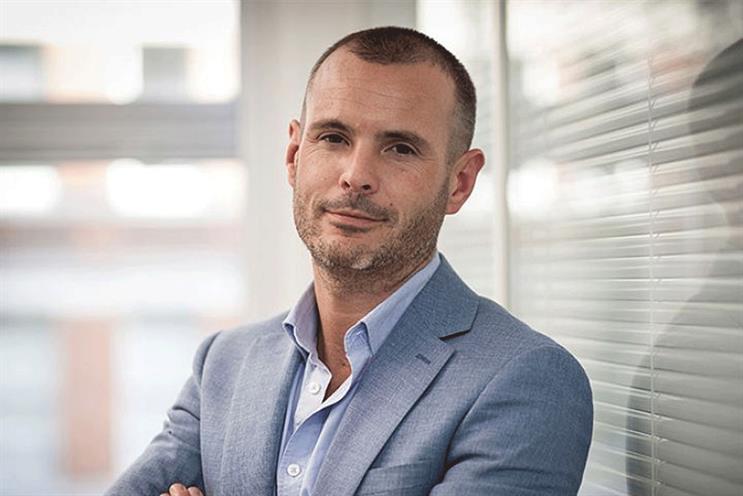
Paul Nasse, the UK commercial director for verification specialists Integral Ad Science, told the conference in Brighton yesterday that the definition of fraud was inconsistent, which was creating problems for those trying to improve the health of online advertising.
"There are lots of vendors making lots of claims. If you’re a client it’s difficult to understand the intricacies of those technologies," Nasse said. "Why it's important to brands is because if you’re not thinking about factoring fraud into your measurements you’re rewarding the wrong people in your campaigns. You need to start taking this data and using it not just as a one on one comparison on a media plan."
Issues surrounding ad-blocking and poor user experience have dominated this week’s conference in Brighton after mobile network Three announced it would push ahead with a trial of allowing its users to block out ads across the whole network.
Nick Graham, the global digital marketing director for smartphone and electronics giant Huawei, would not be drawn on Three’s plans but said more generally that ad-blocking is challenging on mobile as more content is being consumed through apps.
He said: "All the big app players are driving by ad solutions. There is an obvious challenge here and it’s no surprise that Mark Zuckerberg [chief executive at Facebook] was at Mobile World Congress this year, this issue is going to come to a head in next couple of years.
"Mobile operators aren’t themselves going to be the best ones to provide environments like Facebook and Twitter and other well known internet services.
"If operators can’t recreate that they are relying on them [social media] for their data usage revenues."
Members of the panel, entitled "Does advertising actually work in the digital maze?", were in agreement that software and greater knowledge of programmatic ad buying had created greater transparency.
This is despite a US investigation into media agency rebates and a recent attempt by ISBA in the UK to encourage brands to insert demands about independently auditing "digital matters".
Nick Reid, the managing director UK for programmatic ad software provider TubeMogul, said: "When you think about how media is planned and bought, software is bringing more control.
"Programmatic used to be a black box but the software should bring more transparency. I think it’s moving in the right direction. It’s gaining pace. Brands and agencies understand more what’s important and what’s not."
Reid continued: "We want to eradicate the risk to the advertisers in terms of spend. We start to focus in terms of what’s driving non-viewability and preventing it.
"Ad-blocking, I think it lies behind the way we used creative in digital. If you think about how the consumer engages with video it’s not just desktop video flatlining, but mobile has grown exponentially, yet we get 30-second TV ads trying to reach audience on mobile, which doesn’t work.
"We must be more reflective of the audience we need to reach. That unfortunately is a big factor when it comes to ad-blocking."



.jpg)


.jpg)